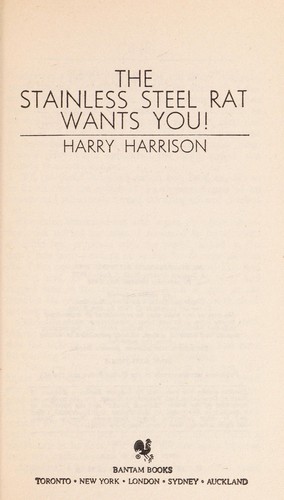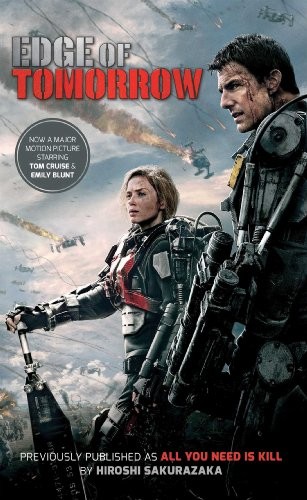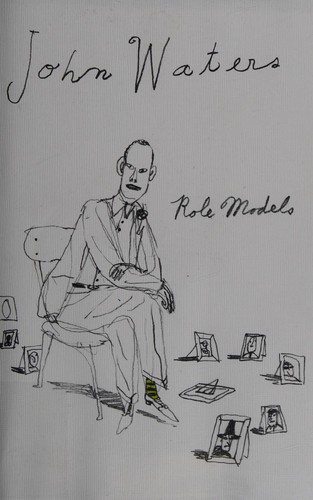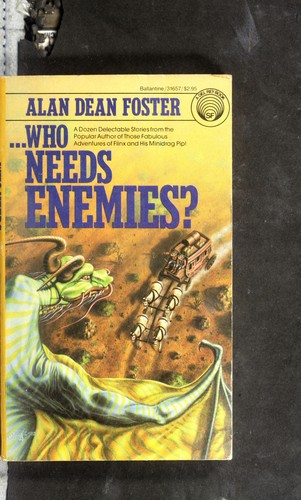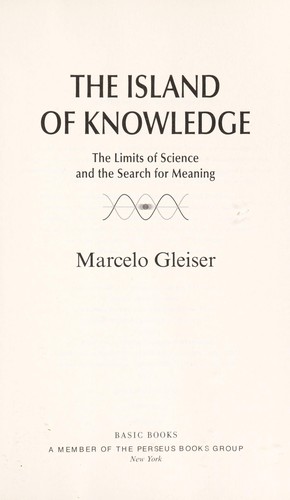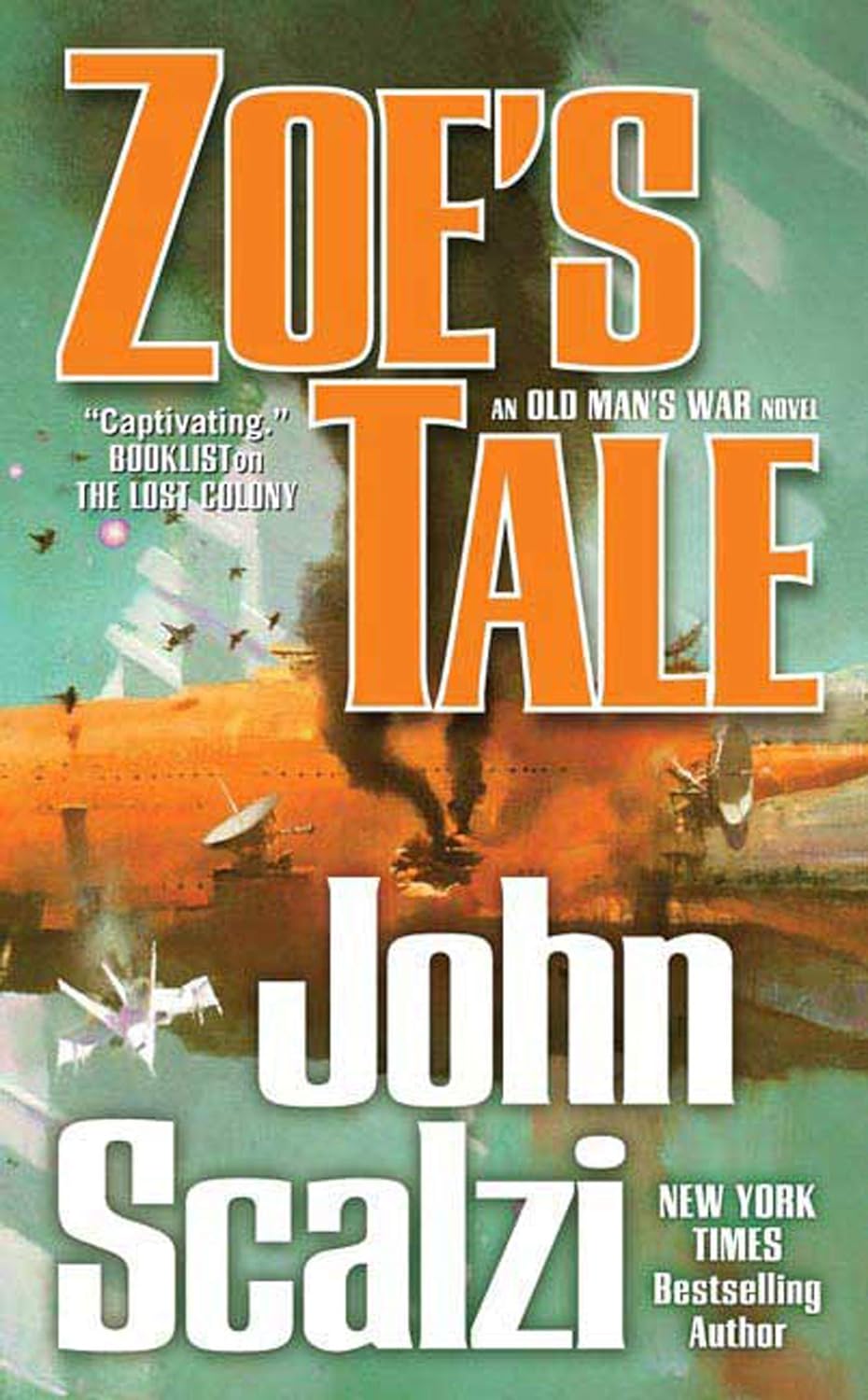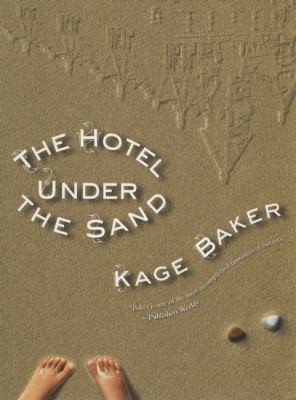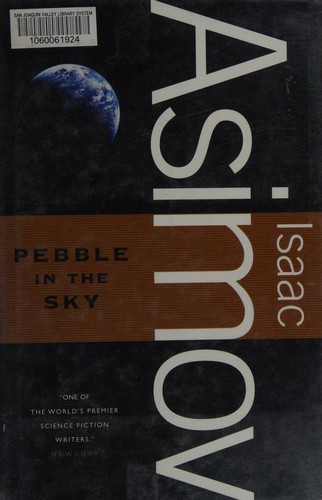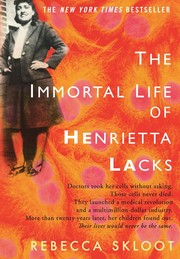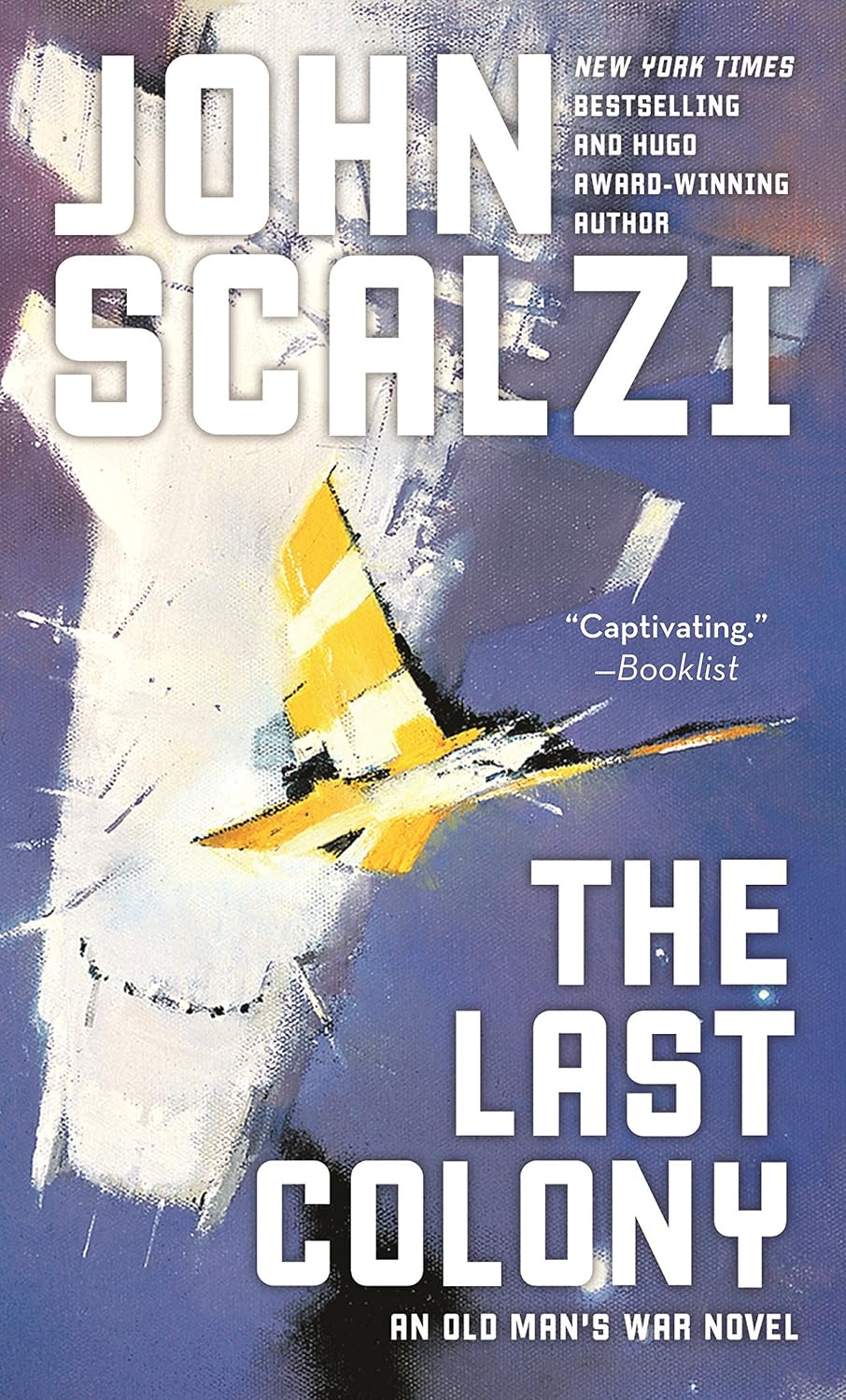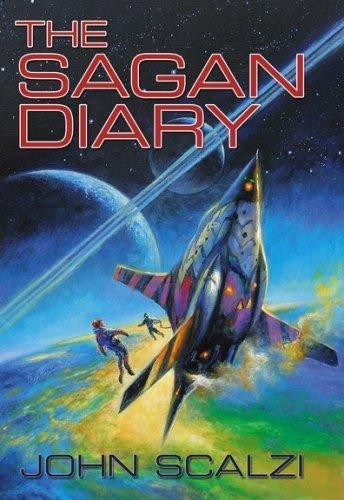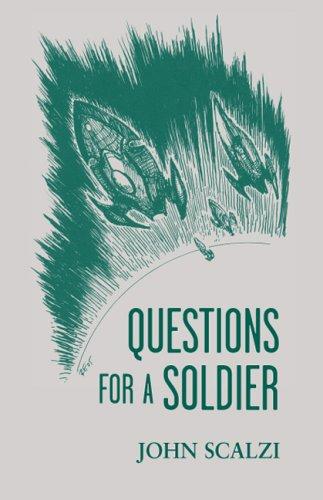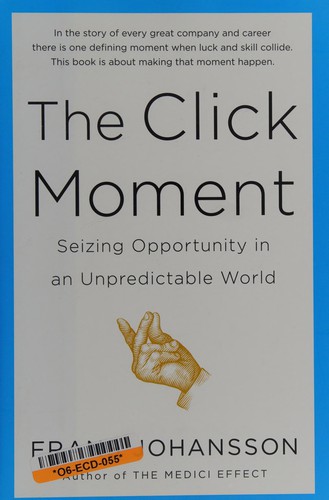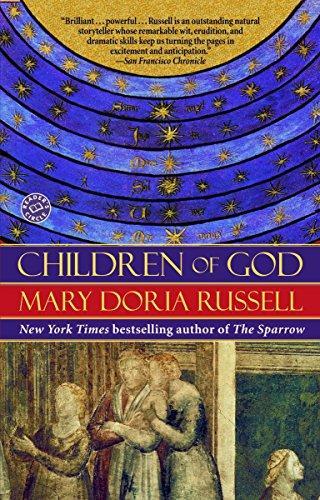Review of 'The Stainless Steel Rat Wants You! (Stainless Steel Rat, Book 3)' on 'Goodreads'
3 stars
The fourth book originally published in the Stainless Steel Rat series, this one has plenty of humor and a plot that bounces around a bit.
Angela is kidnapped by the galactic IRS, then rescued by the Rat and their sons, James and Bolivar. Then Slippery Jim is waylaid into finding out why a satellite full of admirals disappeared, and uses time travel (again) to help. This takes our heroes across the galaxy and eventually to the home world of the evil Gray Men, Kekkonshiki. Whew!
In this tale we consider Moral Philosophy, male chauvinism, parallel dimensions and three overarching control groups (the IRS, the Morality Police and the Time Cops). Most characters are fairly flat, and while the story isn't predictable, it is pretty quick. The time travel gimmick is now officially overused, and I hope that the sole responsible scientist manages to escape for a long vacation. I prefer …
The fourth book originally published in the Stainless Steel Rat series, this one has plenty of humor and a plot that bounces around a bit.
Angela is kidnapped by the galactic IRS, then rescued by the Rat and their sons, James and Bolivar. Then Slippery Jim is waylaid into finding out why a satellite full of admirals disappeared, and uses time travel (again) to help. This takes our heroes across the galaxy and eventually to the home world of the evil Gray Men, Kekkonshiki. Whew!
In this tale we consider Moral Philosophy, male chauvinism, parallel dimensions and three overarching control groups (the IRS, the Morality Police and the Time Cops). Most characters are fairly flat, and while the story isn't predictable, it is pretty quick. The time travel gimmick is now officially overused, and I hope that the sole responsible scientist manages to escape for a long vacation. I prefer my capers to stay local and current.
Did Harrison have an agenda with the Japanese connections in this book? If so, it wasn't obvious to me.
Worth reading, but not quite as good as the previous book. 3½ stars.

